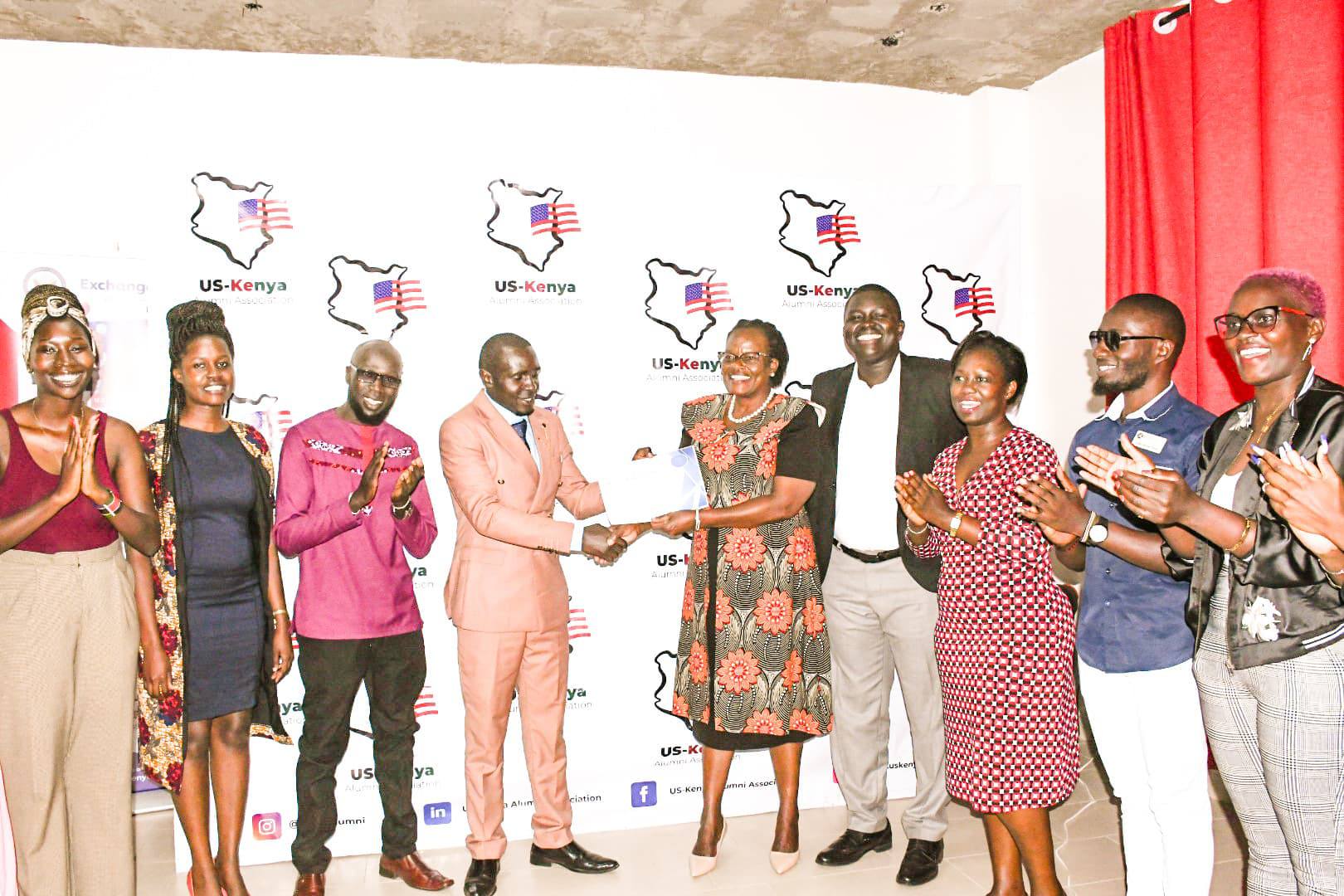By Lavin Atieno
In a significant development for Kenya’s agricultural sector, Agriculture Cabinet Secretary Mithika Linturi has announced that farmers across the country produced a remarkable 61 million bags of maize in the past year. This achievement, however, comes with the responsibility of ensuring proper storage and safety measures following rigorous testing.
During the inauguration of a state-of-the-art aflatoxin testing laboratory at the National Cereals and Produce Board (NCPB) depot in North Imenti, Meru County, CS Linturi outlined the government’s commitment to supporting farmers and enhancing food security. He highlighted the intensified distribution of fertilizers as part of the strategy to boost maize production, setting an ambitious target of 80 million bags for the current year.
“With our focus on surpassing our national maize consumption average, we are entering a new phase aiming for 80 million bags this year,” affirmed CS Linturi, emphasizing the importance of efficient drying processes to maintain optimal moisture levels in harvested crops.
Accompanied by key officials including Kenya Plant Health Inspectorate Services (Kephis) Chairman Joseph Eruaki and Meru Assembly Speaker Ayub Bundi, CS Linturi underscored the significance of food safety in light of health concerns such as cancer. Recognizing Meru’s high cancer prevalence, he emphasized the link between contaminated food, particularly aflatoxin-infected produce, and health risks.
In efforts to support farmers and promote safe food practices, CS Linturi disclosed initiatives to reduce drying costs, stating that the price for drying a 90-kg bag of maize had been slashed from Sh150 to Sh70. Additionally, he clarified the minimal storage fee of Sh10, essential for the maintenance of NCPB depots nationwide.
The inauguration of the aflatoxin testing laboratory signifies a pivotal step towards ensuring the safety and quality of food consumed by Kenyans. CS Linturi highlighted the significance of this facility, the first of its kind in Meru, in addressing food safety concerns and safeguarding public health in a region with a heightened prevalence of cancer.
As Kenya continues to prioritize agricultural development and food security, initiatives like the aflatoxin testing laboratory and enhanced support for farmers reflect the government’s commitment to promoting a thriving agricultural sector while prioritizing public health and safety.





